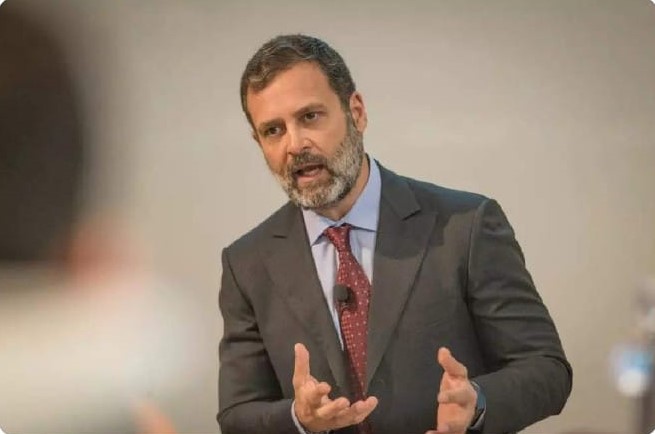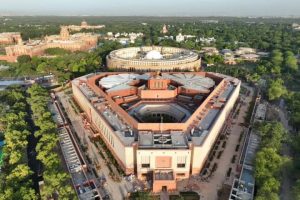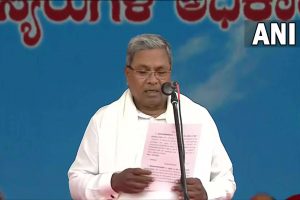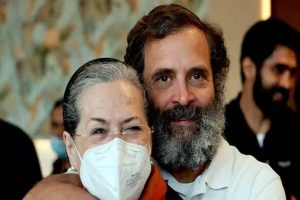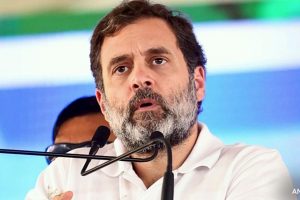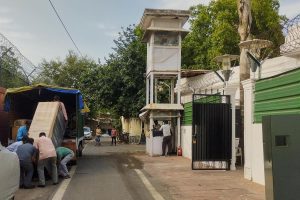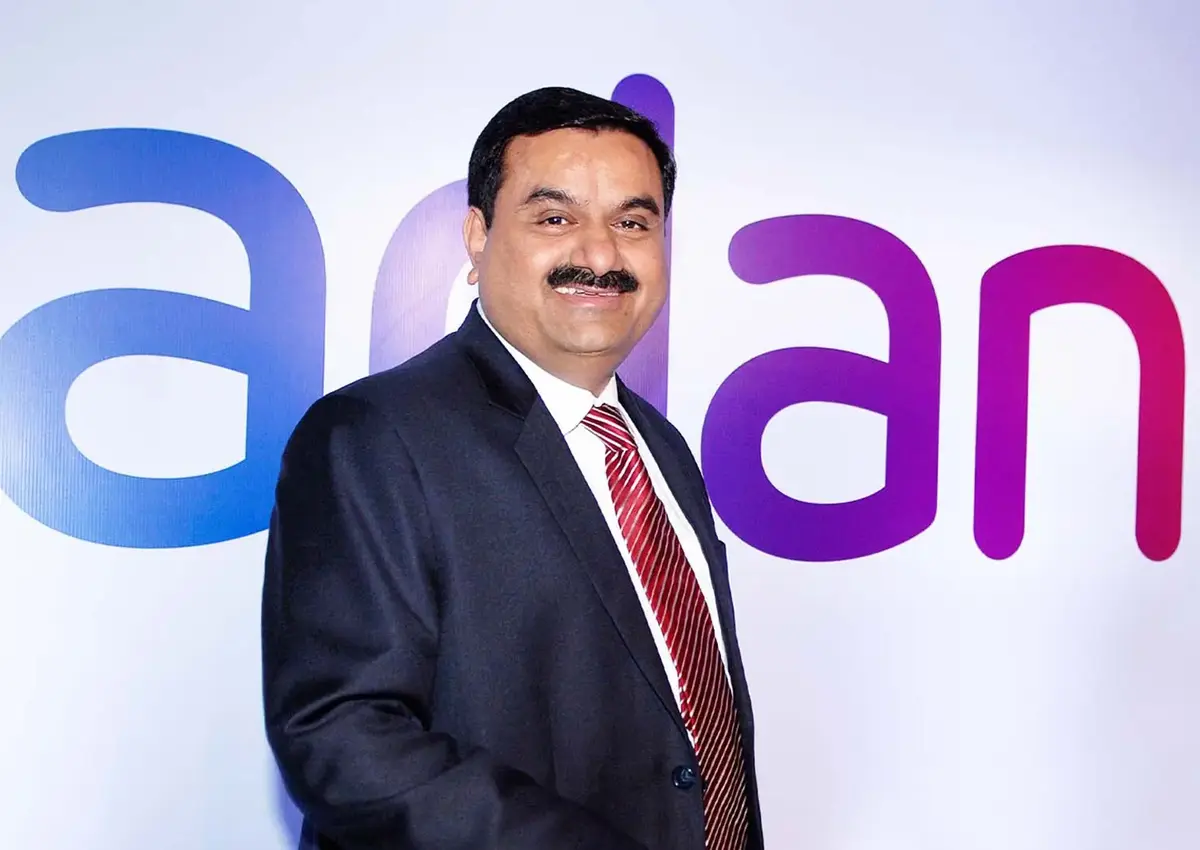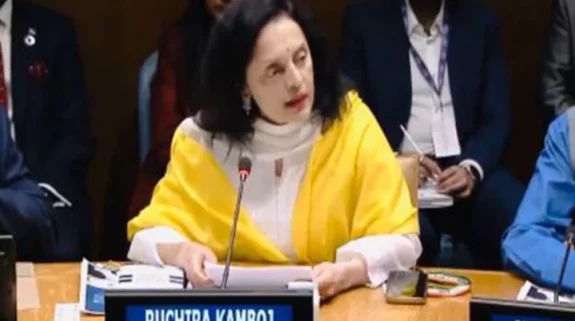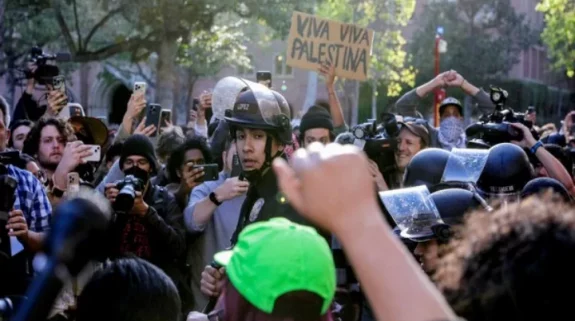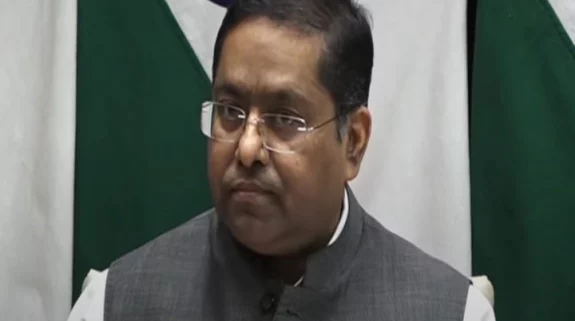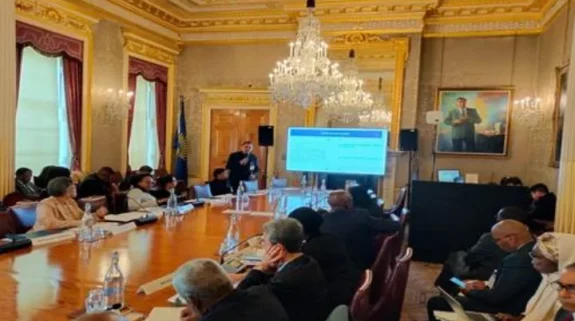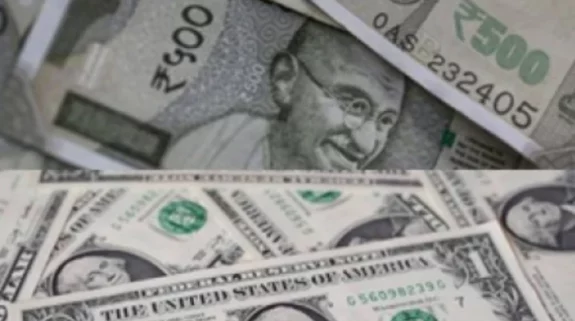Domestic political party rivalry in India has been spilling over into the international sphere for long now. Those seeking to leverage foreign interests to promote their domestic political interests should have realised by now that in a functioning democracy like India, which in scale and complexity because of its internal political, ethnic and cultural diversities is almost unique, it is the voting public that will decide the fate of politicians and political parties, not foreign preferences.
Regime changes have no doubt been instigated in some countries by foreign interests, but these were military dictatorships, Islamic regimes, autocracies, non-democracies or fledgling democracies emerging from communism, such as Egypt, Iraq, Libya, Georgia, Ukraine, and so on. Democracy or human rights promotion organisations linked to state apparatuses, and in some cases, open interference by foreign governments, have promoted these regime changes. The consequences have not been the emergence of democratic regimes but military dictatorships, civil strife, terrorism, loss of territory or war.
Indian politicians should not therefore hope that airing their grievances in foreign countries against the government in power and its ideological support base will affect grass root opinion in India and improve the political standing of the opposition or its chances to retrieve national power at home. For that to happen, the opposition has to increase its appeal to the voters through credible leadership, renewed party structures and re-drawn political and economic programmes. The strategy of unrestrained personal attacks on the Prime Minster can hardly be a winning strategy.
Also read: Jaishankar’s interview mirrors domestic-global nexus to destabilise India
The limits of the secular versus non-secular debate in India in terms of an electoral strategy have already been exposed, especially because secularism as practiced and propagated by the opposition has lost its appeal. It is seen as anti-Hindu in its orientation and as appeasement of minorities The latter, regarded by many as structurally and ideologically non-secular, are seen as using secularism to preserve their non-secular privileges. This influences the debate generated on the differentiation made between Hinduism and Hindutva by the secularists who believe that Hindutva distorts the essence of Hinduism. The problem is that Hindutva captures the grievances of many Hindus who believe that the country must reflect the ethos of its majority Hindu population and that an amorphous secular identity cannot be the basis of national rejuvenation. The question for them is whether India can claim to be a civilisational power without pride in its Hindu roots, notwithstanding the imprint of other civilisations and cultures on its society as a result of invasions from abroad or colonial legacies. It is not surprising therefore that even the secular opposition has begun to court Hindu sentiment by visiting temples and prostrating before deities.
To go abroad and say at various forums that there is no democracy left in India, that it has been broken into smithereens, that no one can mobilise or is even allowed to move is contrary to reality. The truth is that political mobilisation takes place unhampered during the constant cycle of elections in India at various levels, elections that are hotly contested and not always won by the ruling party. The BJP wins many with much less than 50% of the votes, which the system of first past the post enables as the opposition is unable to unite. How can the opposition be in control of many states, in the west, east and particularly the south, if there was no democracy in India? The fact also is that despite the current attacks on the Election Commission, one of the admirable features of its performance is that, unlike even in the US, the elections in India are seen as free and fair and the outcomes are not contested. If a leader can move freely by foot, with supporting infrastructure, from Kanyakumari to Kashmir over months, what is the basis of claiming that the opposition cannot even “move” in the country?
To say that it is possible to speak on a foreign platform but it is not possible to speak up in India, even in parliament overlooks the relentless jibes at the Modi-Adani/Ambani link outside parliament and the 50 minute speech in parliament on the Adani issue that pilloried the PM, besides anti-government statements made incessantly by various opposition members that are freely reported in the press. Whether parliamentary procedures are manipulated to avoid debates on issues the opposition wants is another matter, hardly to be raised on foreign platforms.
The charge that all the institutions have been captured by the RSS, which is called a secret society and compared with the Muslim Brotherhood that uses democracy to capture power with the intention of smothering it thereafter, and so on, is a serious distortion. There is no evidence to suggest that the Supreme Court, for instance, which is acting as democracy’s watch dog in the country, has been captured by the RSS. To compare the RSS to the Muslim Brotherhood which is a pan-Islamic organisation, with a history of political assassinations, believes in governance in Islamic countries based on the Koran, the Hadith and the Sharia, was declared a terrorist organisation by the Baath Parties of Iraq and Syria, was banned by Nasser’s Egypt and Gaddafi’s Libya, and today is declared a terrorist organisation by Saudi Arabia, UAE and Egypt, is a travesty of facts. How is the RSS a secret society when its leadership and agenda are well known, even if stoutly opposed by many in India?
Such political attacks reinforce a narrative about the backsliding of democracy in India, which is already being promoted by western lobbies seeking to influence our internal and external policies in collusion with elements in India. To go on to say that the present Prime Minister treats Muslims, Sikhs and Christians as second class citizens only serves to fuel religious tensions in India and concerns in the West about mounting religious discrimination in our country. The campaign against India’s “Hindu nationalist government” carried on by the mainstream western media, of which the recent BBC film on Modi is a part, only acquires more credence in the eyes of an insufficiently informed public opinion in the West about the state of affairs in India.
In the background of existing international propaganda against us on democracy, human rights, discrimination against minorities etc, to ring alarm bells about how the collapse of democracy in India will create a dangerous void in the democratic world at the international level and drawing the attention of the US and Britain, the two major western democracies, to address this eventuality, amounts, in effect, to a call to them to intervene in our internal affairs.
The argument that what is being said is against the government and not the country is specious. The general public in foreign countries does not make such a fine distinction and tends to conflate the government with the country. They have no understanding of India that some India specialists may have about the history, politics and society of the country, and would be misled by what they hear. Even those looking at investing in India would be influenced by raising these kinds of doubts about governance in the country.To make believe that the general public in the West has great sympathy for India and bemoans the fact that the wrong government is ruling this great country as propagated by opposition circles in India is nonsense. So is the argument that the existence of the diaspora justified the carrying out of attacks on British soil. Even OIC card holders cannot vote in elections in India, much less the majority that has taken British nationality.
The political sensitivity of negatively projecting internal political developments in India on the soil of a country that had colonised our country does not seem to have been taken into account. The presumption seems to be that Britain is well disposed towards India, can genuinely assist us to counter alleged anti-democratic trends in our country, and that it harbours such goodwill towards us that it can help us to save ourselves.
The right lesson to be drawn from all this is that we should fight our battles at home and not give ammunition to anti-Indian lobbies abroad to tarnish the image of a rising India or cast doubts about the direction it is taking politically and socially. It is preferable to help raise the international stature of a rising India, not lower it by carrying a sense of political defeat at home to foreign shores.
Also Read: No takers for Rahul’s claim in UK lecture that he made ‘eye contact’ with militants in Kashmir
(Kanwal Sibal is India’s former Foreign Secretary and Ambassador to Russia. Views expressed are personal and exclusive to India Narrative)






